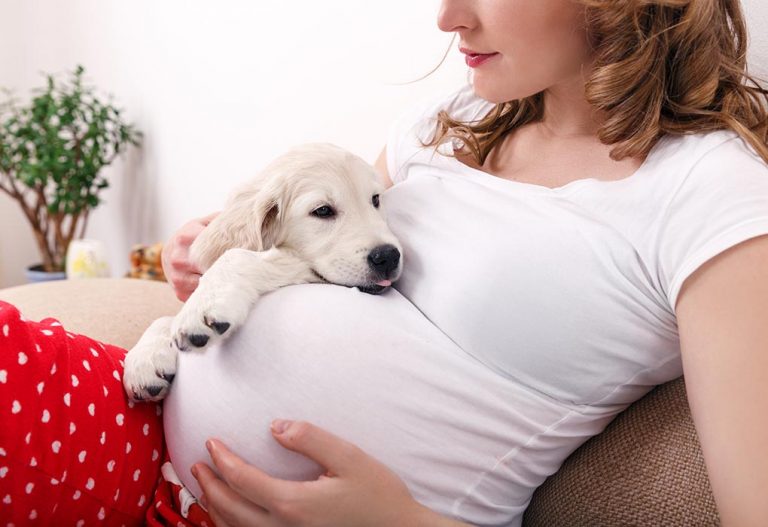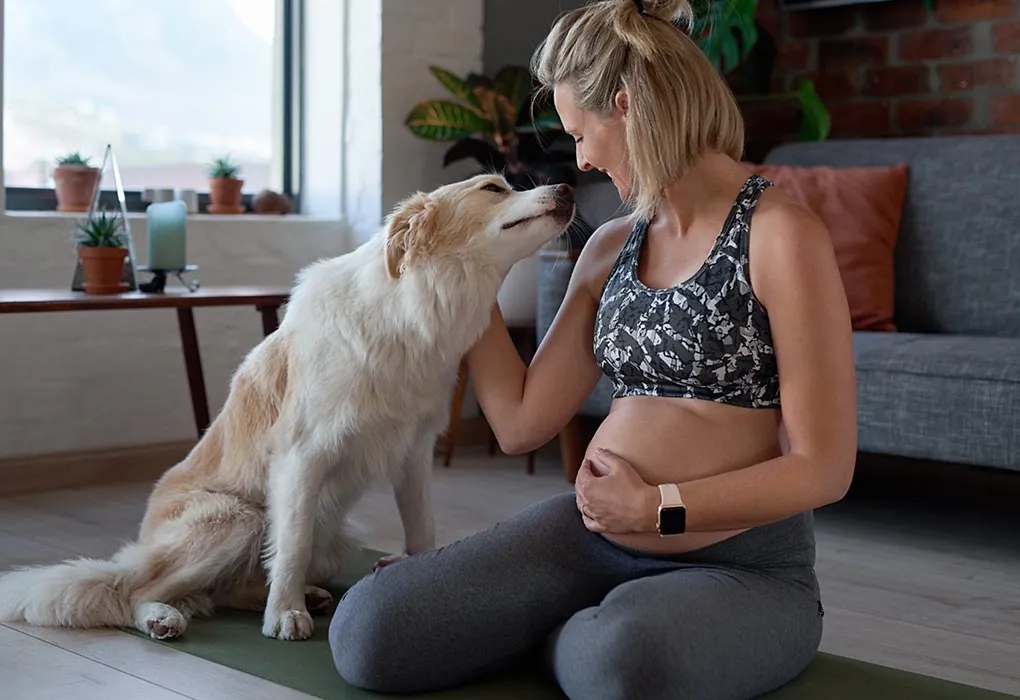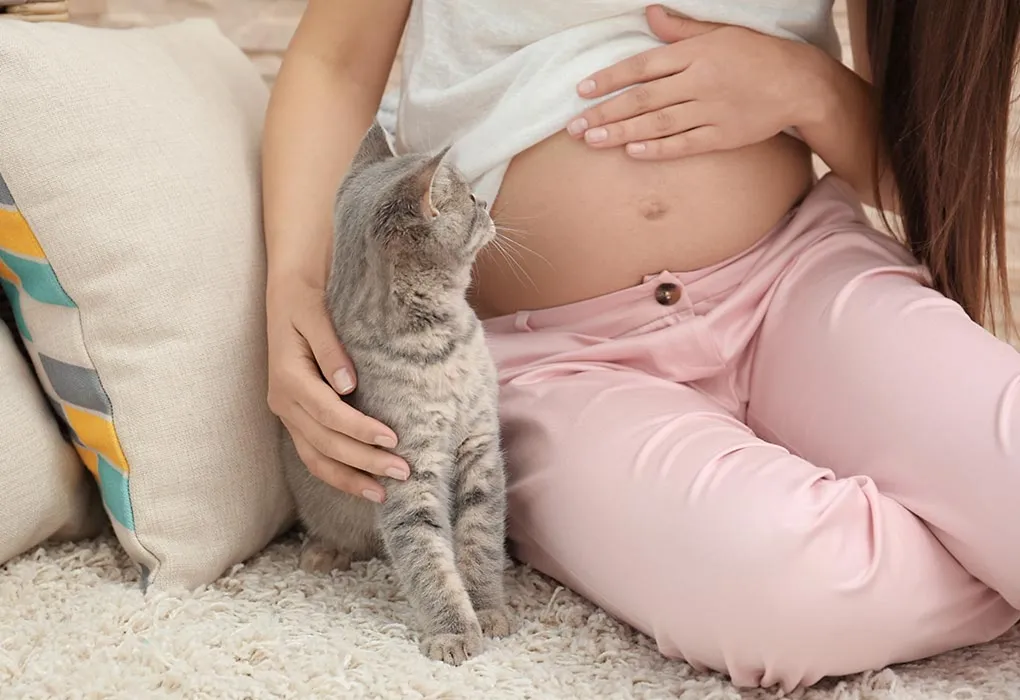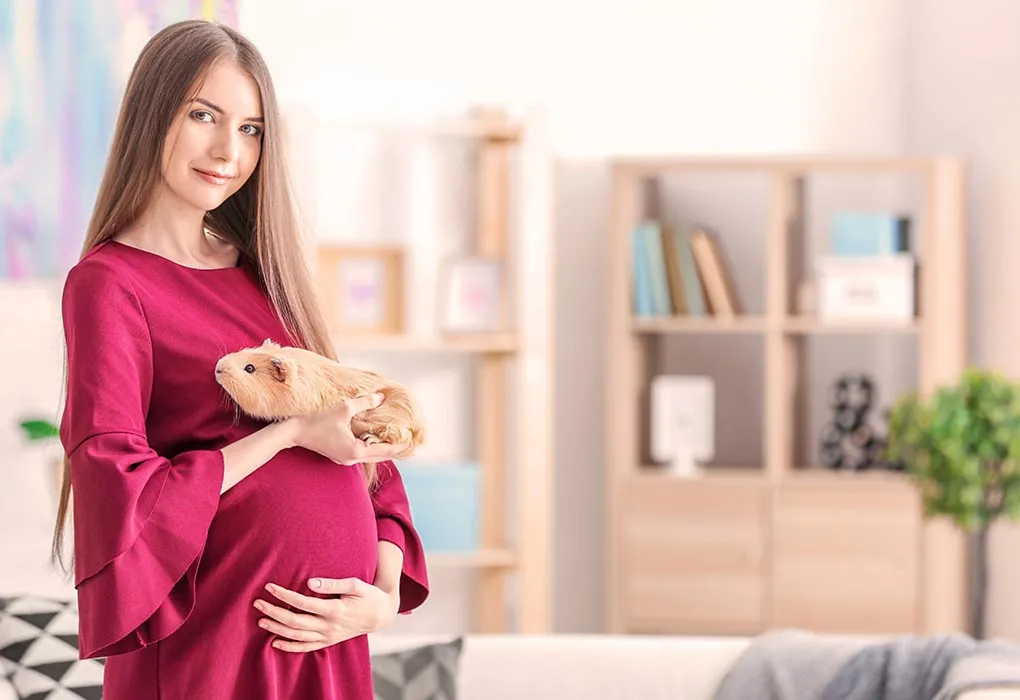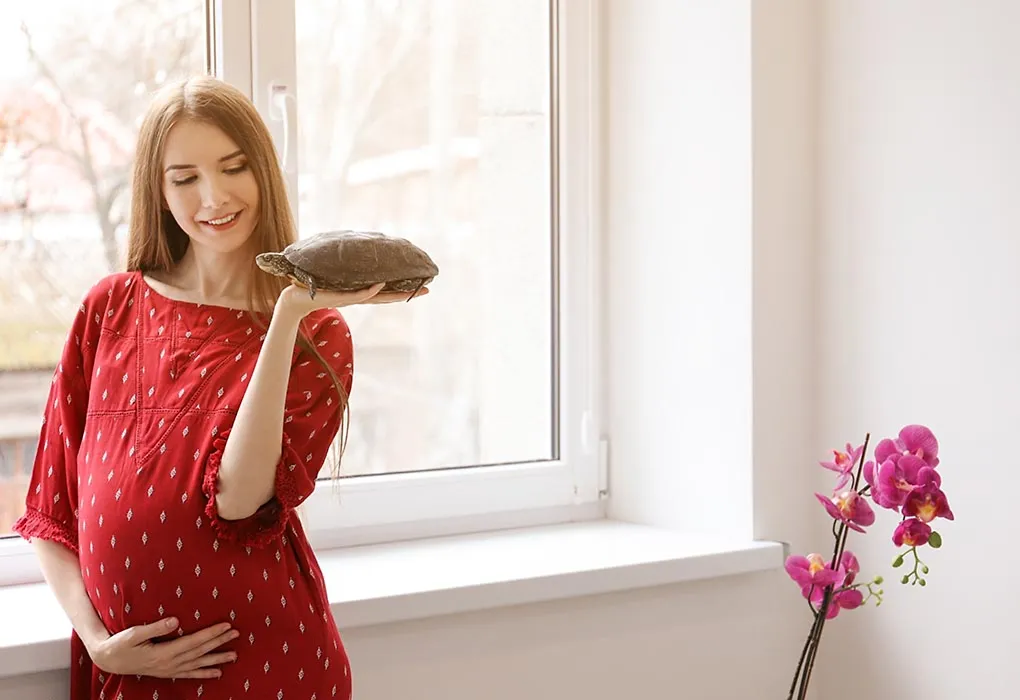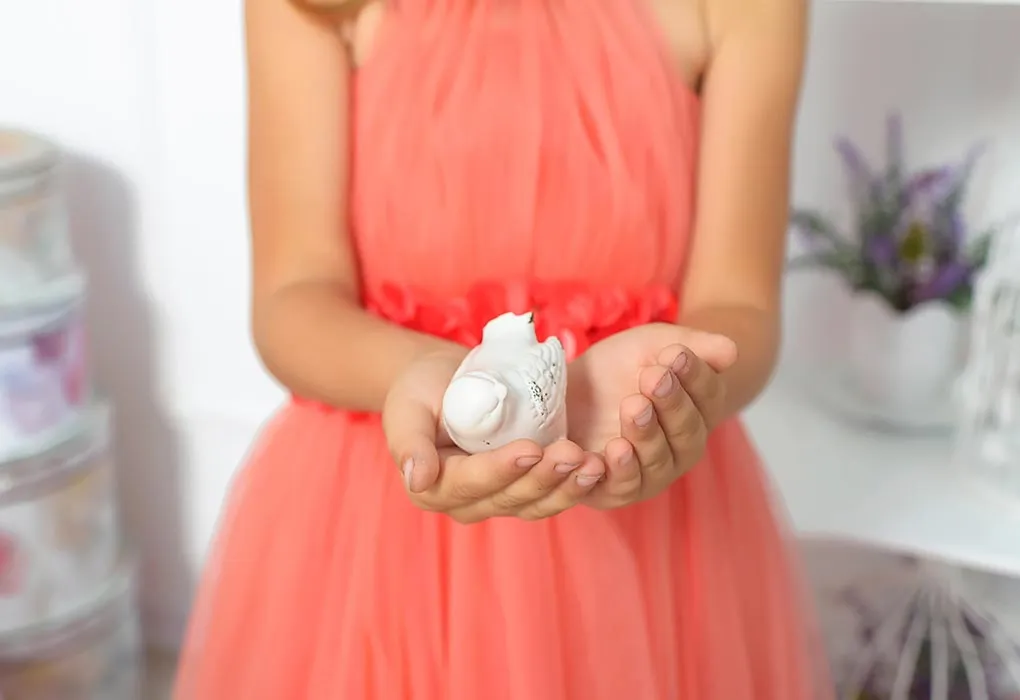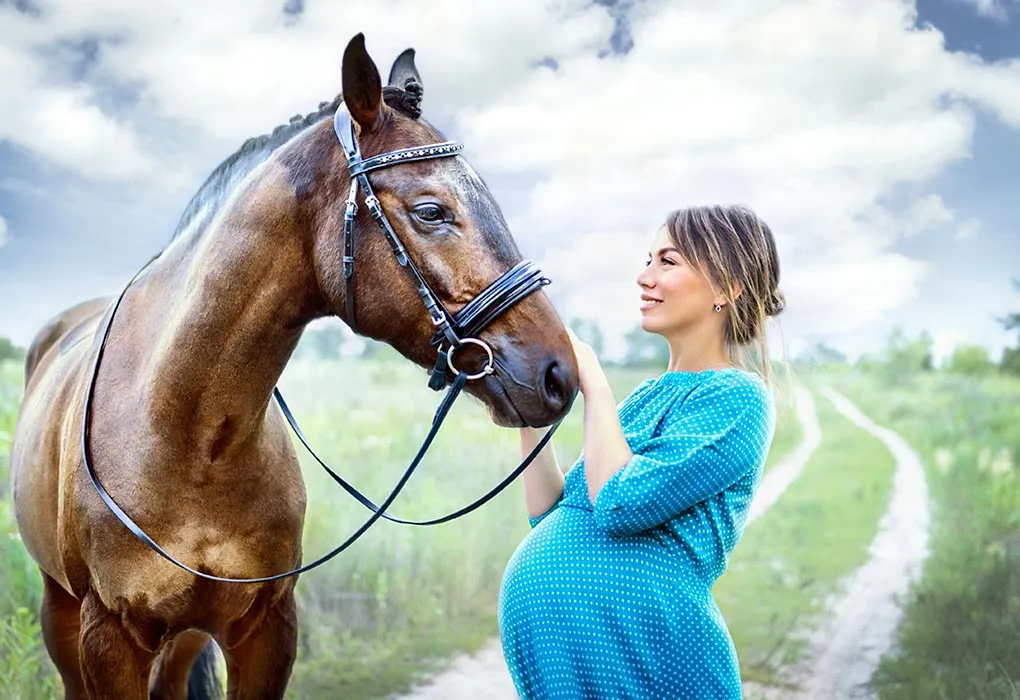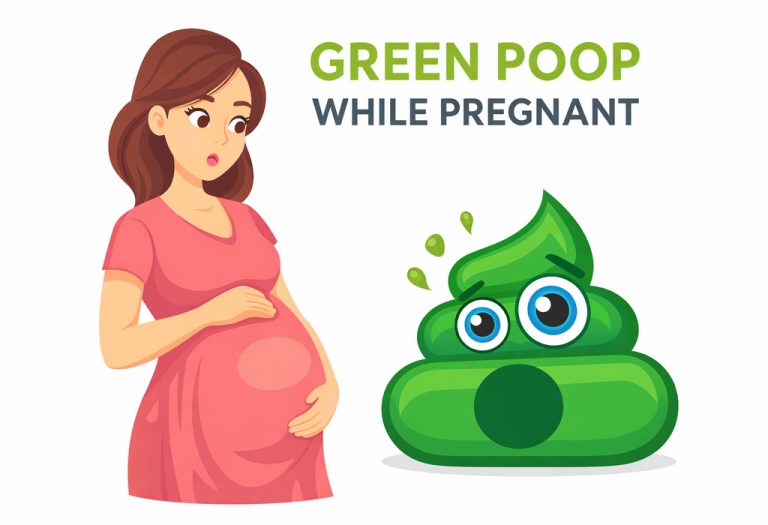Pets and Pregnancy – Tips to Stay Safe
Welcoming a new baby into the family is an exciting time, but for pet owners, it also comes with unique considerations. Pets are beloved household members, and ensuring a safe and healthy environment for the expectant mother and the unborn baby is essential. Pets and pregnancy risk brought by them is something that is very real. These are animals, after all, and bring with them numerous germs and microbes. With weak immunity in a pregnant woman, the chances of these microbes finding an easy way to reach the child cannot be ignored and must be met with good caution.
Can You Keep Pets During Pregnancy?
The presence of pets during pregnancy and their degree of safety depends on the type of pet. While most common pets such as dogs and cats do not bring much harm, other fringe pet choices may not be the best companions for a pregnant woman.
Risks of Different Pets to You during Pregnancy
While having pets at home may not be an evident risk for your pregnancy, it is best to keep certain pets away from home for that duration and keep a few aspects in mind regarding the others.
1. Dogs
Most families tend to have dogs as pets at home. Generally, dogs during pregnancy tend to be quite friendly and are not exactly a risk for you unless you are allergic to any aspect of those. Dogs and pregnant women can safely coexist with proper hygiene and training. However, there are few things to watch out for (1).
Possible Risks
- Certain dogs tend to have a habit of licking your hands or your face or even biting randomly. These can transfer infection or germs and put your pregnancy at risk.
- A few overexcited dogs have a habit of jumping on their owners when they are happy. Your dog jumping on your pregnant belly is not without harm.
Safety Tips
- Teaching your dog to behave well is important. At the same time, make sure he gets acquainted with other people in the home more than you so that he can be comfortable around them in the baby’s presence.
- All the immunisations for your dog should be completed well before the pregnancy reaches its final trimester.
2. Cats
Cats and pregnancy don’t turn out to be the best companions due to a few major risks that their presence brings in the home (2).
Possible Risks
Many cats tend to carry a parasite within them that finds its way into their faeces. If you come in contact with those, it can result in toxoplasmosis.
Your cat can come in contact with other cats and jump into external areas, bring with it germs and microbes which can be harmful.
Safety Tips
- Let someone else take the responsibility of cleaning the cat’s litter and looking after her.
- Make sure your cat stays inside the home or ventures out only when supervised.
3. Hamsters, Guinea Pigs and Mice
While hamsters, mice, and guinea pigs might look cute, any kind of rats and pregnancy brings a massive risk along with it. Pregnant women need to be extra careful in the presence of these (3).
Possible Risks
- Many animals like these might be carrying a virus called as LMV, or lymphocytic choriomeningitis virus. It can cause a pregnant woman to suffer from a miscarriage or even be responsible for the development of defects in the unborn baby.
- These are quite easy to be contracted since they can come from touching the animal’s litter, or being bit by it or even breathing in the dust that emerges from their body.
Safety Tips
- Keep your pets in a different room of the house and stay away from that area. Make sure someone else takes care of them.
- Whoever enters that room, including children, should limit their physical contact with the pets. They should also sanitise their hands and wash any areas that have come in contact with the animals after coming out of the room.
4. Reptiles
Some people love to have unorthodox and exotic pets like turtles and lizards. Reptiles and pregnancy don’t generally share a good history and can be a source of harm for the child (4).
Possible Risks
- Many reptiles tend to carry a lot of germs with them. There is also a good chance of salmonella being present on their bodies, which can easily cause miscarriage.
- A negative test of salmonella for a reptile doesn’t make it safe since salmonella that is shed from their body tends to occur at random intervals.
Safety Tips
- The only way to ensure your safety and the unborn child’s wellbeing during pregnancy is to make sure the reptile is shifted out of the house before childbirth. Make sure your house is cleaned properly after that.
5. Birds
Birds are usually in their cages and the only interaction that takes place is while feeding them or cleaning the cages. However, birds and human pregnancy are also not exactly the best combination to be put together (5).
Possible Risks
- While birds might seem cleaner, by comparison, they do tend to have a lot of bacteria and germs on them, including salmonella, chlamydiosis and many others.
- These infections are known to cause miscarriage or even premature birth, leading to a child being stillborn.
Safety Tips
- The job of cleaning the bird and the cage should be fully taken up by some other person at all times, maintaining good hygiene standards after the job is done.
- As a safety measure, you can take the bird to a vet and get a checkup done. Your vet can provide you with countermeasures, should any harmful germs be detected on your pet.
6. Farm Animals
Pregnant women and farm animals are best kept away from each other as much as possible. Even if you don’t own a farm yourself, a small picnic or a trip of sorts to a place with farm animals can deem to be harmful, too (6).
Possible Risks
- A lot of farm animals carry tons of germs and bacteria on their bodies. These range from salmonella, campylobacter and even listeria, which is known to trigger a miscarriage or even a serious infection.
- The presence of dead animals or elements can further make the entire place unhygienic.
Safety Tips
- Farm animals are best handled by someone else and it is important to clean your hands intensively after every interaction with an animal.
- Also, restricting to pasteurised milk during pregnancy can reduce the risk of contracting listeria from a farm animal’s product.
FAQs
1. How should I prepare my pet for the baby’s arrival?
Gradually introduce your pet to baby-related items, sounds, and smells. Set boundaries early, such as not allowing pets in the nursery. Ensure your pet has a safe space to retreat to when it needs a break (7).
2. Do I need to rehome my pet during pregnancy?
In most cases, rehoming is unnecessary. With proper precautions, you can safely coexist with your pet. If significant challenges arise, such as severe allergies or aggressive behaviour, consider seeking advice from a vet or animal behaviourist before making such a decision.
3. What should I do if I’m scratched or bitten by my pet?
If scratched or bitten, clean the wound thoroughly with soap and water and monitor for signs of infection. Seek medical advice if the injury is severe or if you’re concerned about rabies or other infections.
While pets help in instilling a wonderful atmosphere at home, the priority during pregnancy should always be the well being of the child. Pets and pregnancy risks include exposure to diseases or injuries, so proper precautions are essential. Taking a few safety measures and shifting the animal temporarily to a new home can be quite beneficial and keep you healthy throughout the pregnancy.
References/Resources:
1. Owning a dog when you’re pregnant; Dogs Trust; https://www.dogstrust.org.uk/dog-advice/life-with-your-dog/at-home/owning-a-dog-when-pregnant
2. Is it safe to keep a cat during pregnancy?; American College of Obstetricians and Gynecologists; https://www.acog.org/womens-health/experts-and-stories/ask-acog/is-it-safe-to-keep-a-cat-during-pregnancy
3. Lymphocytic Choriomeningitis Virus (LCMV); National Library of Medicine; https://www.ncbi.nlm.nih.gov/books/NBK582531/
4. Milstone. A. M, Agwu. A. G, Angulo. F. J; Alerting pregnant women to the risk of reptile-associated salmonellosis; PubMed; https://pubmed.ncbi.nlm.nih.gov/16449170/
5. Pregnancy and Pets: Tips on Keeping Safe Around Them; SingHealth; https://www.healthxchange.sg/women/pregnancy/pregnancy-pets-tips-keeping-safe#
6. Nielsen. S. Y, Henriksen. T. B, Hjøllund. N. H, et al.; Risk of adverse pregnancy outcome in women exposed to livestock: a study within the Danish National Birth Cohort; PubMed Central; https://pmc.ncbi.nlm.nih.gov/articles/PMC9151197/
7. Is your pet ready for you to have a baby?; University of Texas Southwestern Medical Center; https://utswmed.org/medblog/pets-and-pregnancy/
Also Read:
Can Cats Sense Pregnancy?
Can Dogs Detect Pregnancy In Humans
Was This Article Helpful?
Parenting is a huge responsibility, for you as a caregiver, but also for us as a parenting content platform. We understand that and take our responsibility of creating credible content seriously. FirstCry Parenting articles are written and published only after extensive research using factually sound references to deliver quality content that is accurate, validated by experts, and completely reliable. To understand how we go about creating content that is credible, read our editorial policy here.





